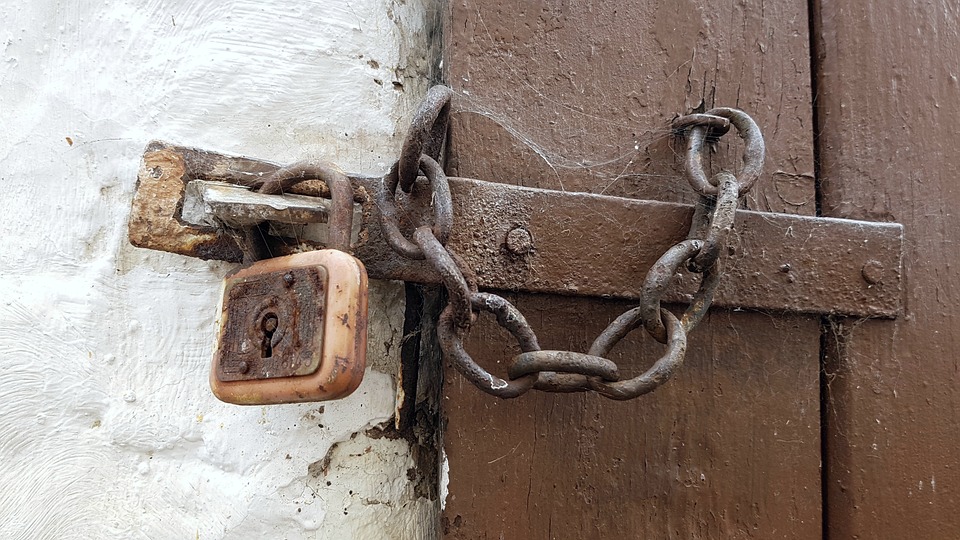As West Africa continues to grapple with various security challenges, new threats are emerging on the horizon that have the potential to further destabilize the region. From the rise of terrorist groups to the increasing activity of criminal networks, the security landscape in West Africa is becoming increasingly complex and dangerous.
One of the most pressing threats facing the region is the growing influence of terrorist groups such as Boko Haram and Islamic State in West Africa Province (ISWAP). These groups have carried out numerous attacks in countries like Nigeria, Niger, and Mali, targeting civilians and security forces alike. The presence of these groups not only poses a direct threat to the safety and security of people in the region but also undermines efforts to promote peace and development.
In addition to terrorist groups, West Africa is also facing challenges from criminal networks involved in activities such as drug trafficking, human trafficking, and illegal arms smuggling. These networks operate across borders, taking advantage of weak governance structures and porous borders to carry out their illicit activities. The proliferation of weapons in the region has further exacerbated the security situation, making it harder for governments to maintain law and order.
Another emerging security threat in West Africa is the increase in intercommunal violence. Ethnic and religious tensions have flared up in countries like Nigeria, Burkina Faso, and Mali, leading to clashes between different communities and displacement of populations. These conflicts not only result in loss of life and property but also create fertile grounds for terrorist groups and criminal networks to exploit the situation for their own gains.
To tackle these rising security threats, governments in West Africa need to adopt a comprehensive approach that addresses the root causes of insecurity. This includes improving governance, strengthening security forces, promoting socio-economic development, and fostering dialogue between different communities. Regional cooperation is also crucial, as these threats transcend national boundaries and require a coordinated response.
The international community also has a role to play in supporting efforts to enhance security in West Africa. This includes providing technical assistance, intelligence sharing, and capacity-building support to help countries in the region better combat terrorism and crime. It is only through a concerted effort from both local and international actors that the rising danger posed by new security threats in West Africa can be effectively addressed. Failure to do so risks further instability and conflict in the region, with dire consequences for the people living there.



























TECPJehsAWnQiSH